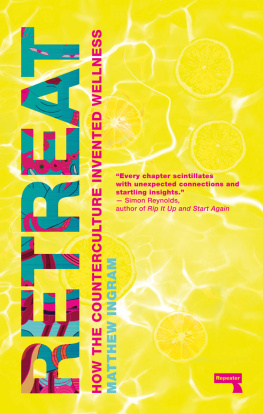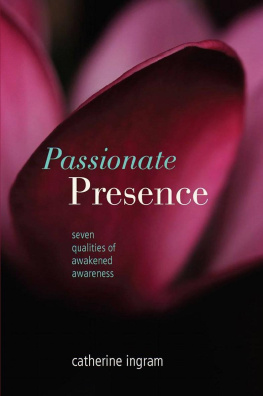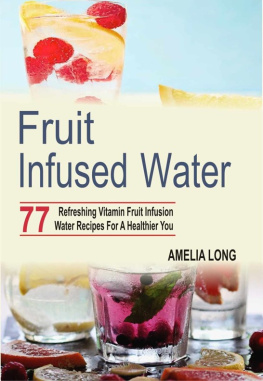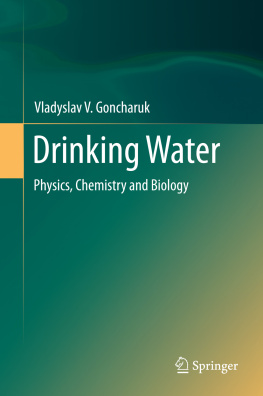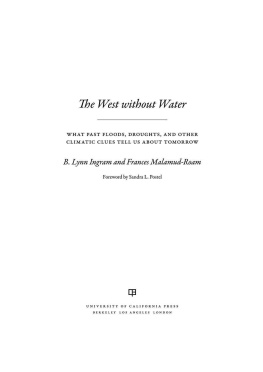Colin Ingram - The Drinking Water Book
Here you can read online Colin Ingram - The Drinking Water Book full text of the book (entire story) in english for free. Download pdf and epub, get meaning, cover and reviews about this ebook. year: 2011, publisher: Random House Inc., genre: Children. Description of the work, (preface) as well as reviews are available. Best literature library LitArk.com created for fans of good reading and offers a wide selection of genres:
Romance novel
Science fiction
Adventure
Detective
Science
History
Home and family
Prose
Art
Politics
Computer
Non-fiction
Religion
Business
Children
Humor
Choose a favorite category and find really read worthwhile books. Enjoy immersion in the world of imagination, feel the emotions of the characters or learn something new for yourself, make an fascinating discovery.

- Book:The Drinking Water Book
- Author:
- Publisher:Random House Inc.
- Genre:
- Year:2011
- Rating:5 / 5
- Favourites:Add to favourites
- Your mark:
- 100
- 1
- 2
- 3
- 4
- 5
The Drinking Water Book: summary, description and annotation
We offer to read an annotation, description, summary or preface (depends on what the author of the book "The Drinking Water Book" wrote himself). If you haven't found the necessary information about the book — write in the comments, we will try to find it.
The Drinking Water Book — read online for free the complete book (whole text) full work
Below is the text of the book, divided by pages. System saving the place of the last page read, allows you to conveniently read the book "The Drinking Water Book" online for free, without having to search again every time where you left off. Put a bookmark, and you can go to the page where you finished reading at any time.
Font size:
Interval:
Bookmark:
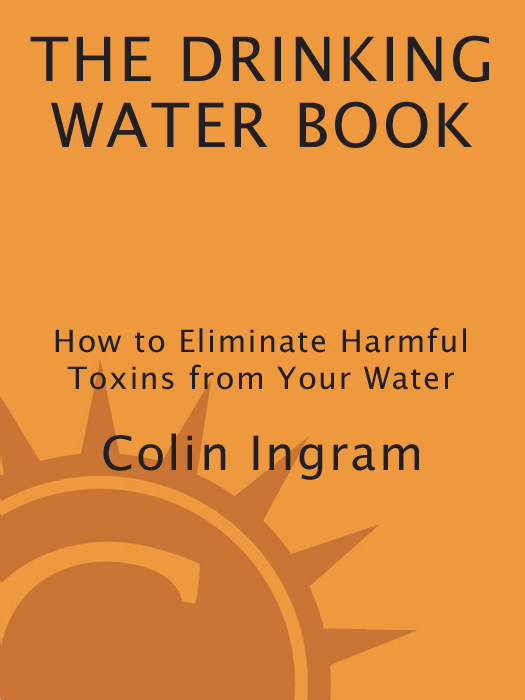
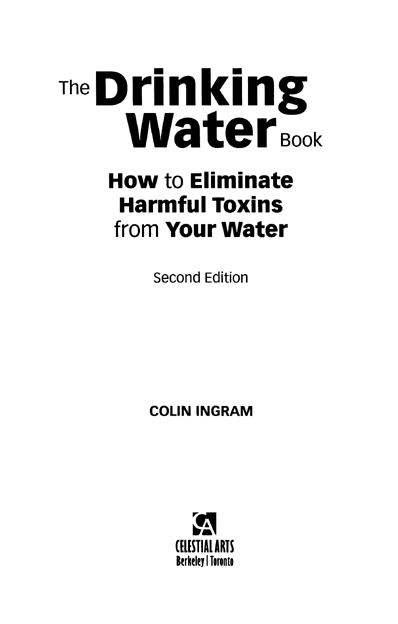
Copyright 1991, 1995, 2006 by Colin Ingram
Front cover photograph David Sacks/Getty Images
All rights reserved. No part of this book may be reproduced in any form, except brief excerpts for the purpose of review, without written permission of the publisher.

Celestial Arts
an imprint of Ten Speed Press
PO Box 7123
Berkeley, California 94707
Distributed in Australia by Simon and Schuster Australia, in Canada by Ten Speed Press Canada, in New Zealand by Southern Publishers Group, in South Africa by Real Books, and in the United Kingdom and Europe by Publishers Group UK.
eISBN: 978-0-307-79133-7
v3.1
Are you the type of reader who wants some information quickly? Okay, try this:
- If you get your drinking water from a tap, let the water run at full flow for ten seconds, then slow it down to half flow or less to fill your container. Running at full flow will flush out pollutants that have attached to (or grown on) the faucet components, and reducing the flow will make it less likely that any other pollutants will be detached as you fill your container.
- If you want water for a hot drink, draw cold water from your tap and heat it. Resist the temptation to draw hot water from the tap, as theres a greater chance of pollutants coming from your hot water heater.
- If you use any kind of water filter that is portable or detachable, store the filter in your refrigerator when its not in use. This will greatly slow the growth of microorganisms in the filter.
- Once bottled water has been open for two days, store it in the refrigerator.
- City, town, and rural water utilities are required to send all customers an annual water quality report. If you get your water from a public water supply and you have not received a report, ask them for oneits free. The report should alert you to any contaminants detected above federal or state permitted levels.
- If your water is from a private well, the most common health risk is from bacterial contamination. Have your water tested for the presence of bacteria at least once a year.
- Fluoridation: There are some sound arguments for and against. On balance, I recommend against it.
- Almost all water utilities disinfect water with chlorine (sometimes together with ammonia). This does a good job of killing almost all microorganisms in the water, but the chlorine itself poses a certain degree of health risk. Dont drink chlorinated tap water on a regular basis.
- Is distilled water good or bad for you? The water itself is okay, but be careful of the containers you store it in.
- Is bottled water really safer than tap water from a public water supply? It depends on the type and brand of bottled watersome are and some arent.
All of the above and hundreds more details are covered in this book. Hopefully, these quick tips have wetted your appetite.
Does Anyone Know What Theyre Talking About?
Some years ago I was living in a mountainous rural area far removed from all obvious sources of pollution. Yet in this pristine region there was an epidemic of cancer among the scattered residents. After much publicity and badgering, the state was forced into investigating the problem. The result was a gray wash. Thats when the investigating body admits there may actually be a problem but announces the results of the investigation over an extended period of time in order to dilute citizen response, and they suggest that there are many causes of the problem so that its hard to take action against any one of them.
But the kinds of cancer occurring in the region were known to be environmentally induced, so something in the local area was contributing to the epidemic. Finally, traces of a chemical were found in our supposedly pure water suppliesa chemical declared to be harmless by the manufacturer and all of the government involved. This led me on a quest for information about whether the chemical was really harmful and if so, what to do about it.
The journey took me to public waterworks, county and state health agencies, testing laboratories, universities, and the Environmental Protection Agency (EPA). It expanded to include toxicologists and epidemiologists, bottled water companies, and manufacturers of water purifiers. My quest culminated in a multiyear research program (with no grants or other assistance to prejudice the results) and the founding of a drinking water research center. This book is one result of that research.
As a part of that research I discovered many things that the general public is unaware of. Here are just a few of them:
- Although most public health officials claim that your drinking water is safe, theyre only guessing. Their guesses are as informed as they can be in many cases, but no one actually knows what safe is, and safe levels of pollutants are often based on incomplete data.
- Federal and state standards for drinking water safety are inadequate in several ways: They do not cover all of the toxic substances that may be in your water; many smaller public water systems are exempt; and almost no studies have been done on the increased toxicity caused by combinations of pollutants in water. In many cases, standards have been set at levels that accommodate industry rather than protect public health.
- Right now, there are trace amounts of chemicals known to cause cancer in essentially every public water supply in the country.
- Some water purifiers for home use create and add new pollutants to the water even as they remove other pollutants.
- Performance claims by some water purifier manufacturers are biased, misleading, or irrelevant.
- Most of the water tests performed for consumers in the United States test for aesthetic qualities (taste, smell, color, clarity) rather than for potentially dangerous pollutants.
- Popular magazines and consumer publications that test and/or report on water quality and water purifiers generally dont have staff with sufficient knowledge to provide consumers with useful and/or accurate information.
This is not to say that there arent experts in specialized areas of water qualitythere are. But try asking your local health department officials about the relative merits of different brands of distillers. Or ask a water filter salesperson for data on bacterial growth within filters. Or ask a bottled water dealer about studies that have shown that the plastic from some water bottles can migrate into the water and affect your immune system. Mostly, youll get blank looks.
My purpose isnt to criticize these people who, by and large, are sincere and trying to be helpful, but to point out that the consumer has had nowhere to go for all the information needed to make intelligent decisions about safe drinking water. The Drinking Water Book puts it all together. It helps you to find out if you really need to do something about your drinking waterand what might happen if you dont. It describes the most cost-efficient ways to get better water, including some things you can do without spending a penny. If you decide to buy a water purifier, this book will help you understand all of your options, how to narrow your choices, and the best values available.
The Drinking Water Book includes tips and information you wont find in any other popular source, such as a summary of what is known about what kinds of water have been scientifically shown to help maintain and improve your health. While the information in this book is presented in a simple, easy-to-absorb form, it is based on years of extensive research on water quality and on actual testing of products, not just in laboratories but in actual installations in homes.
Font size:
Interval:
Bookmark:
Similar books «The Drinking Water Book»
Look at similar books to The Drinking Water Book. We have selected literature similar in name and meaning in the hope of providing readers with more options to find new, interesting, not yet read works.
Discussion, reviews of the book The Drinking Water Book and just readers' own opinions. Leave your comments, write what you think about the work, its meaning or the main characters. Specify what exactly you liked and what you didn't like, and why you think so.


